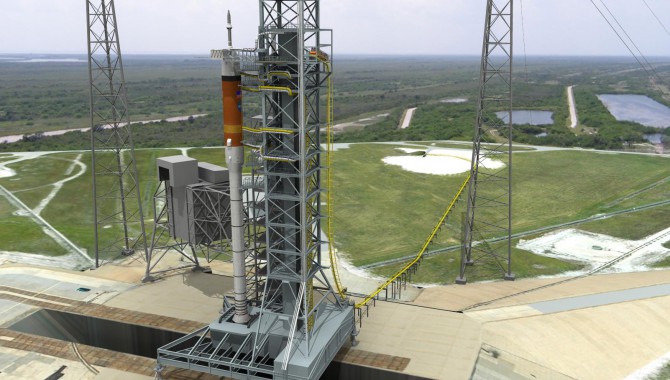By Laurence Prusak When I was twelve or so I fell in love with science fiction. It was a short but intense love affair lasting about three years, but its consequences are still very much alive within me. I was brought back to this early passion recently by reading some of the many obituaries for […]
30
By Ed Hoffman The age of international projects has dawned. Project work is increasingly global. Determining where work happens and how the many, diverse, and widely distributed partners who make up project teams accomplish work together are increasingly part of a project leader’s job.
Don Cohen, Managing Editor At the Academy’s Masters Forum in April, the word “risk” turned up in many presentations and discussions: how to anticipate and mitigate risks; how to learn from risks that turn into real problems; how much risk is acceptable in robotic and human space flight.
By Deborah Ancona and Henrik Bresman For more and more companies in today’s hypercompetitive business environment, success depends on the ability to innovate and put innovations to productive and profitable use.
By Svetlana Shkolyar New specialized tools that improve existing processes or address new issues can make space launch preparations more effective. Developing those innovative technologies is the mission of the Applied Physics Lab (APL) at NASA’s Kennedy Space Center, but users influence the design of the tools and decide which ones will actually be used.
By Nancy M. Dixon and Katrina Pugh “Every time we do something again, we should do it better than the last time” has become a familiar refrain. It means the knowledge gained from experience should be used to improve performance of the next similar task.

By Pat Simpkins, Alan Littlefield, and Larry Schultz For the designers of a new launch vehicle, reducing mass is a major goal and seems an absolute good—the lower the mass, the less energy needed to put a spacecraft in orbit.
By Charles Tucker An idea had been percolating in Dave Lengyel’s mind for some time: how to integrate risk management (RM) and knowledge management (KM) to create a better risk-management approach for the Exploration Systems Mission Directorate (ESMD).





